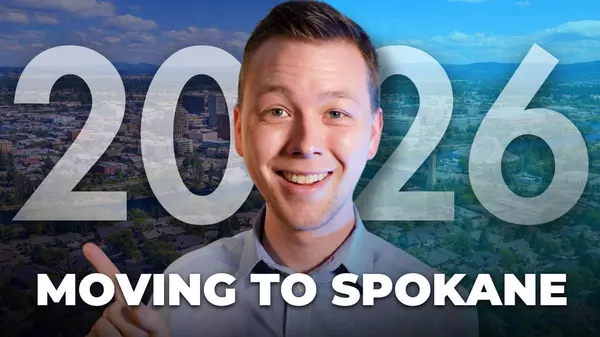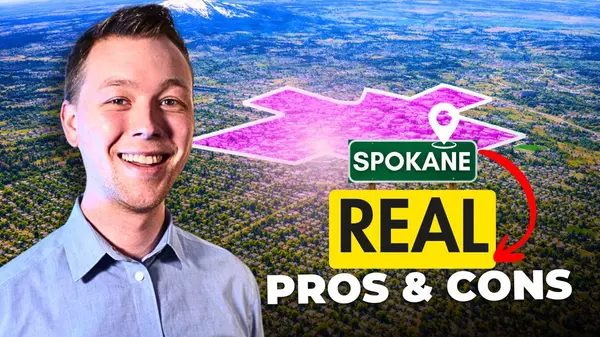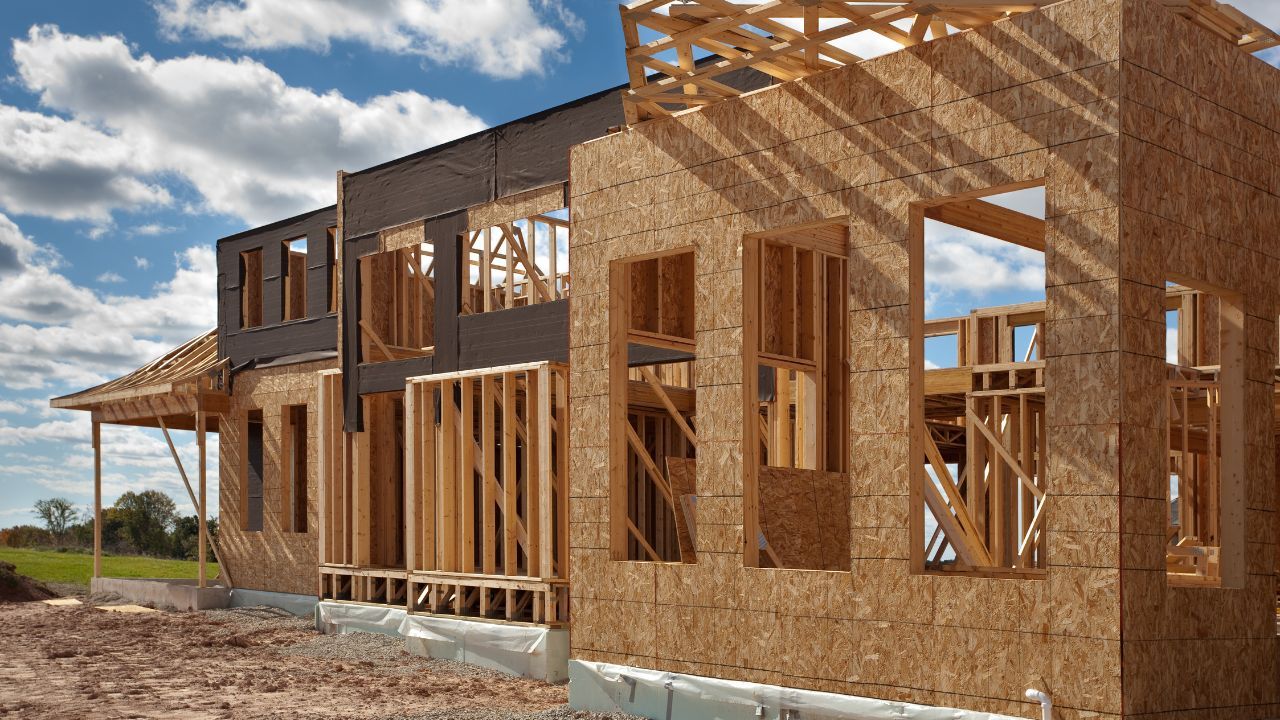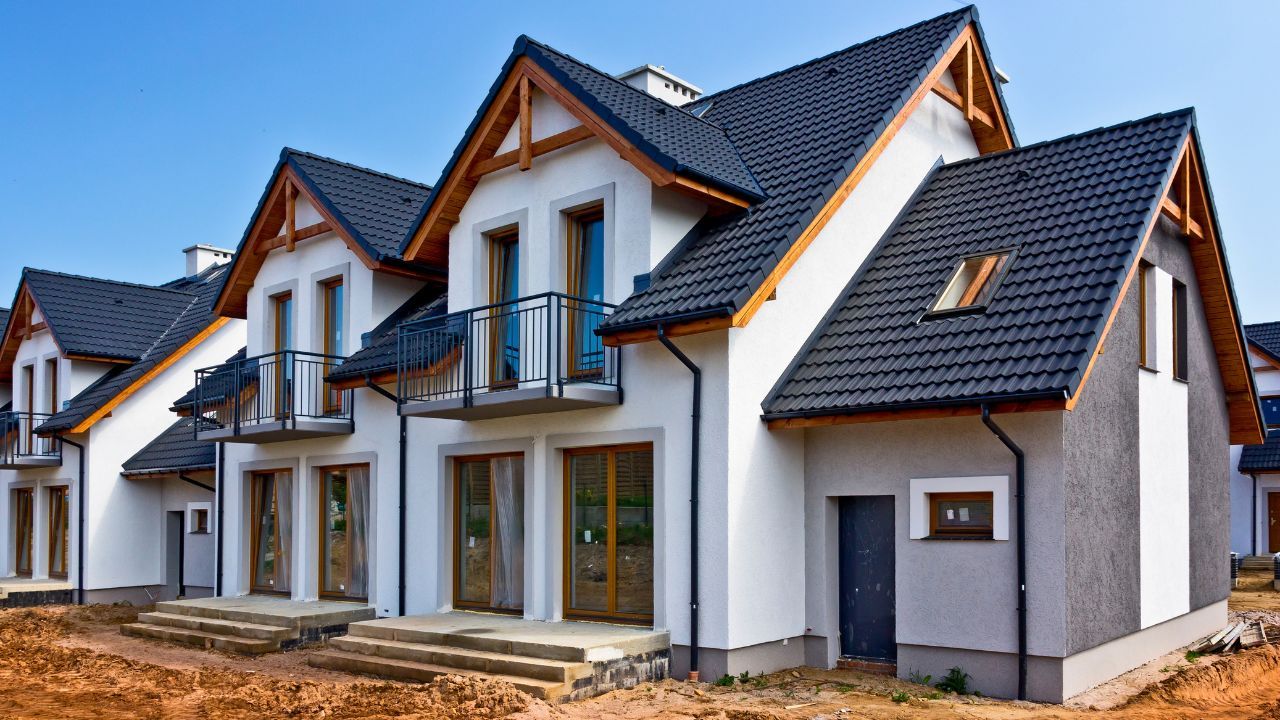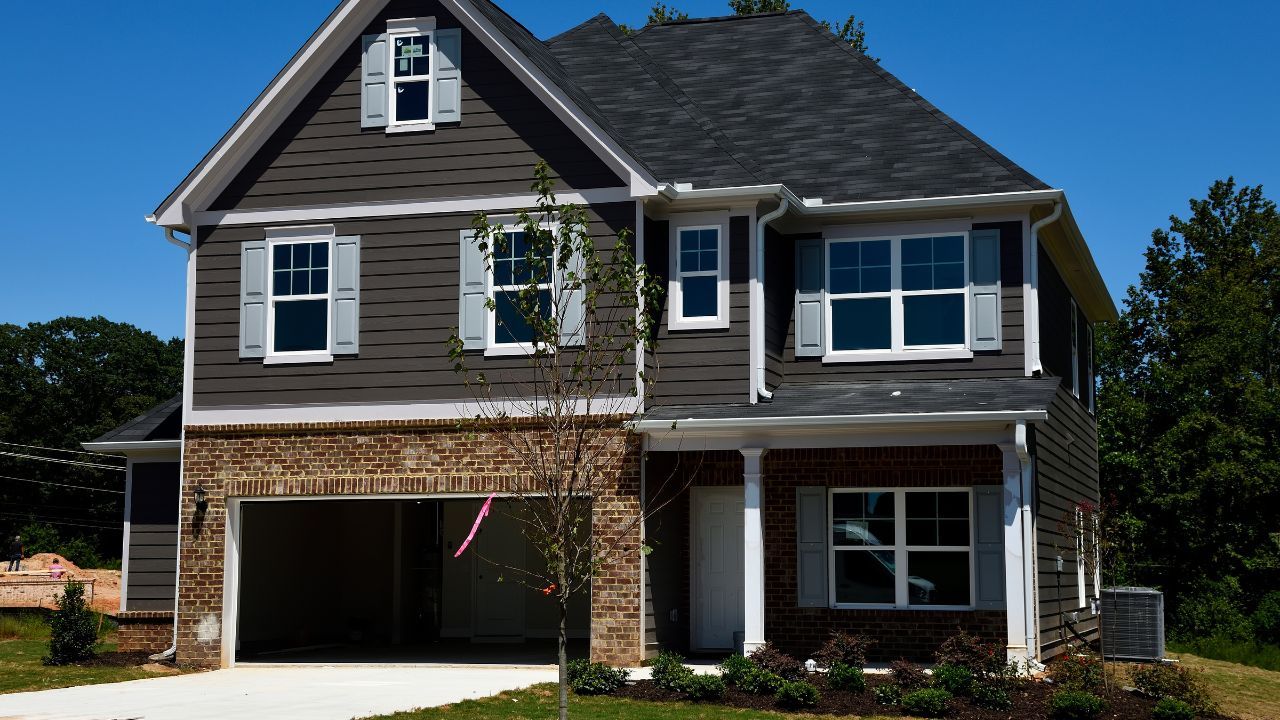The Hidden Costs of Buying New Construction in Spokane
The Illusion of a Deal
Something’s happening in Spokane’s new construction market that every buyer needs to understand before getting too excited by “special incentives.” Across the country, major homebuilders like D.R. Horton are facing lawsuits over pricing practices that may inflate home values while appearing to offer incredible deals. Spokane is now showing some of the early signs of this same trend.
At the center of the issue is what's being called a monthly payment suppression scheme — builders offering below-market mortgage rates and generous closing cost credits that are ultimately rolled into the inflated price of the home. These deals feel great in the moment, but they can create major financial headaches when it's time to sell.
Why It’s Hard to Know What You’re Really Paying
When buyers walk into a new construction sales office, they’re greeted by sales reps working for the builder — not agents representing the buyer's interests. One of the first questions these reps ask isn’t about your budget, it’s about your ideal monthly payment. That’s a red flag.
It mirrors tactics used by car dealerships: you say you want a $500 monthly car payment, and they stretch the loan or inflate the price to make it happen. You leave the lot happy, but you're upside down on the loan. The same concept applies to real estate.
Builders will offer to buy down your interest rate or pay your closing costs — but these incentives aren’t free. They’re baked into the sales price, which can lead to a distorted sense of what the home is truly worth.
The Appraisal Trap and the Resale Dilemma
Many builders won’t reduce the price for cash buyers because doing so would hurt future appraisals. They’d rather keep the price high and offer incentives that don’t get recorded in the sale price. These incentives are only available if you use their lender, where they also make money on the loan and insurance.
That’s the basis of the D.R. Horton class action lawsuit: claims that the company presented artificially low mortgage payments based on inaccurate property tax estimates, only for buyers to get hit later with massive escrow increases.
A real example in Spokane involved a buyer whose payment jumped $500–600/month after the county reassessed the property as a completed home. What looked like a great deal quickly became a financial burden.
Real Losses in Local Communities
Spokane’s Stonehill development in Liberty Lake is now showing the real-world effects. Resale homes in the neighborhood — homes purchased just a year or two ago — are struggling to sell and often listed below their original purchase price.
One example: a home purchased for $499,950 is now listed for $500,000. On paper, it looks even — but once you factor in seller fees and commissions, the homeowner could be losing $20,000–$30,000. Another home bought for $465,000 is sitting unsold at $460,000 after 90 days. Yet another dropped from $450,000 to $439,000.
All of these homes are competing directly with the builder, who continues to sell new homes with lower interest rates and closing cost incentives — advantages that private sellers simply can’t match.
The Problem with Buying Early in a New Neighborhood
Buyers often forget that when you purchase in a large, developing community, you're not buying into a finished neighborhood — you're buying into a sales cycle. Until the last home is sold, the builder controls the pricing, the competition, and the incentives.
They can shift prices, launch new promotions, or flood the market with inventory — and you, as the early buyer, are now competing against them with fewer tools. It's like playing chess against someone who owns the entire board.
This situation gets even more complicated when you try to resell within a few years. If the incentives are what made your original purchase price work, and you can't offer those incentives to the next buyer, the resale value could be much lower than expected.
How Incentives Really Work Behind the Scenes
Builders often buy mortgage rates in bulk from lenders, locking in low rates to offer buyers — but those offers are tied to tight timelines. That’s why you’ll hear urgent pitches like “close by the end of the month to get this rate.”
Some of these are temporary rate buydowns, like a 2-1 buy down where your rate is lower the first two years but resets higher after that. Others are permanent rate reductions, but again — the cost is baked into the home price.
If you decide to resell shortly after buying, you’ll likely lose equity and struggle to compete with the builder’s new inventory, especially if they’re still offering incentives.
Why Local Builders Offer More Stability
Not all builders operate the same way. Spokane has several reputable local builders like Greenstone and Parrish Homes who have earned trust by prioritizing transparency and fair market pricing.
They don’t rely on flashy incentives, which makes it easier for buyers to understand what they’re actually paying — and gives those homes better resale value over time.
Smart Steps for Spokane Buyers
If you're considering new construction, here are three smart steps to protect yourself:
-
Bring Your Own Agent
Builder reps work for the builder, not for you. A buyer’s agent can help you compare pricing, resale values, and neighborhood trends — and their commission is often paid by the builder, not out of your pocket. -
Ask for Transparent Numbers
Request a full breakdown: What’s the price with and without incentives? How much is the rate buydown costing over time? What’s the true interest rate you’ll be paying after any temporary offers expire? -
Double Check Tax and Insurance Assumptions
Make sure your lender is estimating property taxes based on the completed home, not vacant land. Ask to verify homeowner’s insurance estimates too — underestimating either can cause painful surprises when your escrow account is adjusted.
The Bottom Line
Spokane’s new construction market isn’t inherently bad — but it comes with risks, especially if you’re only planning to stay for a few years. Incentives may look good on paper, but they often inflate the home’s price beyond its true market value.
If you’re buying with long-term plans and realistic expectations, some of these deals might still make sense. But if you’re thinking short-term or relying heavily on builder incentives to make the numbers work, it’s worth stepping back and reassessing.
The key is knowing exactly what you’re buying — not just the house, but the terms, incentives, and risks attached to it.
Categories
- All Blogs (915)
- Airway Heights (5)
- Audubon/Downriver (4)
- Balboa/South Indian Trail (5)
- Bemiss (3)
- Browne's Addition (3)
- Buying Your Home in Spokane (208)
- Cheney (3)
- Chief Garry Park (3)
- Cliff-Cannon (3)
- Colbert (1)
- Comstock (4)
- Cost of Living in Spokane (1)
- Dishman (3)
- Downtown Spokane (1)
- Driving Tours (1)
- East Central (3)
- Emerson/Garfield (3)
- Five Mile Prairie (5)
- Grandview/Thorpe (3)
- Greenacres (3)
- Hillyard (3)
- Home Improvement (8)
- Home Prices (5)
- Housing Inventory (6)
- Housing Market (133)
- Housing Market Update (3)
- Instagram Videos (2)
- Interest Rates (24)
- Job Market in Spokane (3)
- Know Spokane (613)
- Latah Valley (5)
- Liberty Lake (8)
- Lincoln Heights (4)
- Living in Spokane (2)
- Logan (3)
- Manito-Cannon Hill (3)
- Medical Lake (4)
- Minnehaha (3)
- Moran Prairie (3)
- Mortgage (26)
- Moving out of Spokane (3)
- Moving to Spokane (144)
- Nevada/Lidgerwood (3)
- New Construction Homes in Spokane (1)
- New Construction Opportunities (3)
- North Hill (3)
- North Indian Trail (4)
- Northwest (3)
- Opportunity (3)
- Peaceful Valley (3)
- Relocating to Spokane (1)
- Riverside (3)
- Rockwood (4)
- Selling Your Spokane Home (164)
- Shiloh Hills (3)
- Southgate (3)
- Spokane Events (451)
- Spokane Neighborhoods (51)
- Spokane Restaurants/Food Places (24)
- Spokane Schools (12)
- Spokane Valley (14)
- Suncrest (1)
- Things to Do in Spokane (464)
- Veradale (3)
- West Central (3)
- West Hills (3)
- Whitman (3)
- Youtube Videos (49)
Recent Posts

